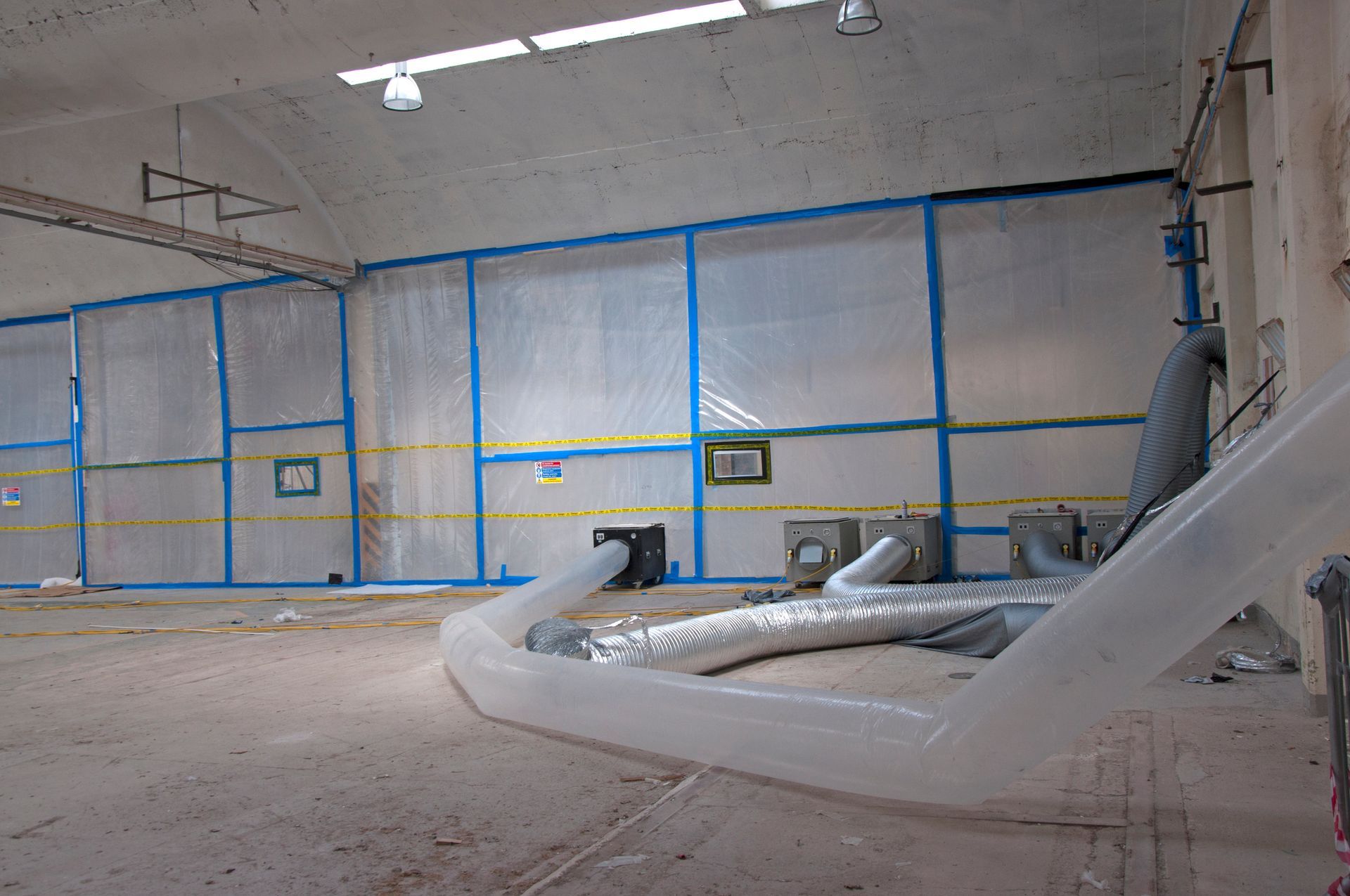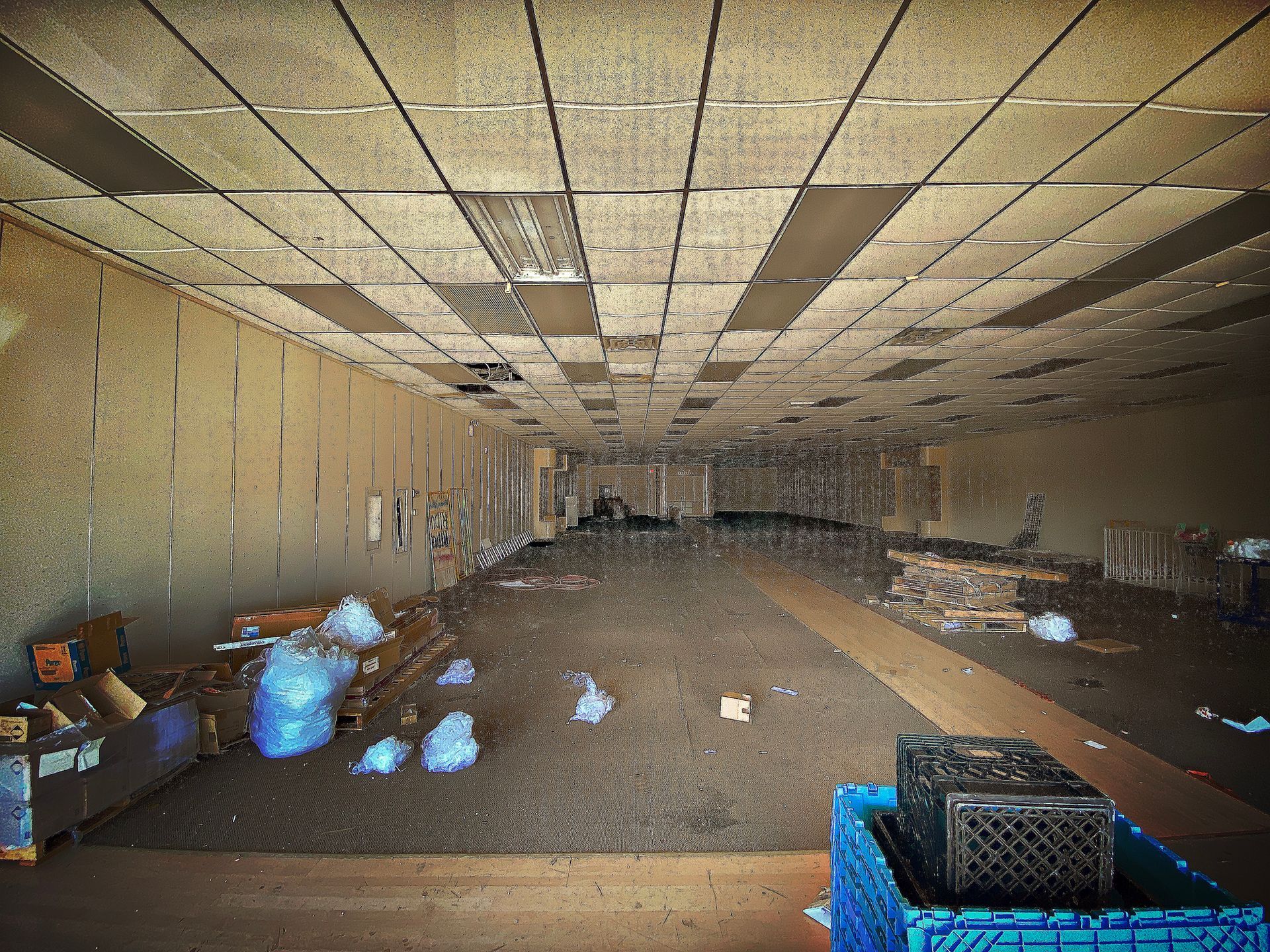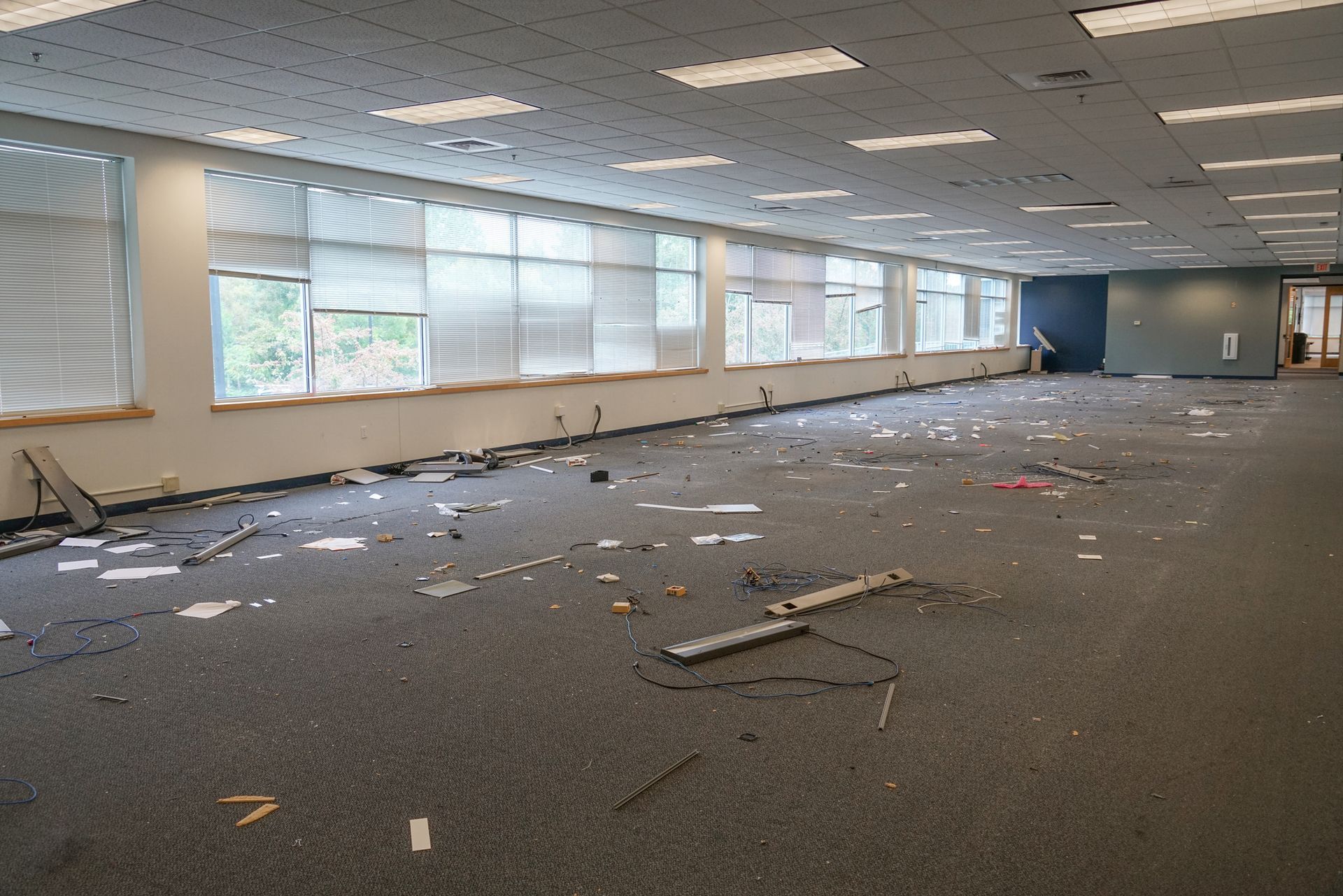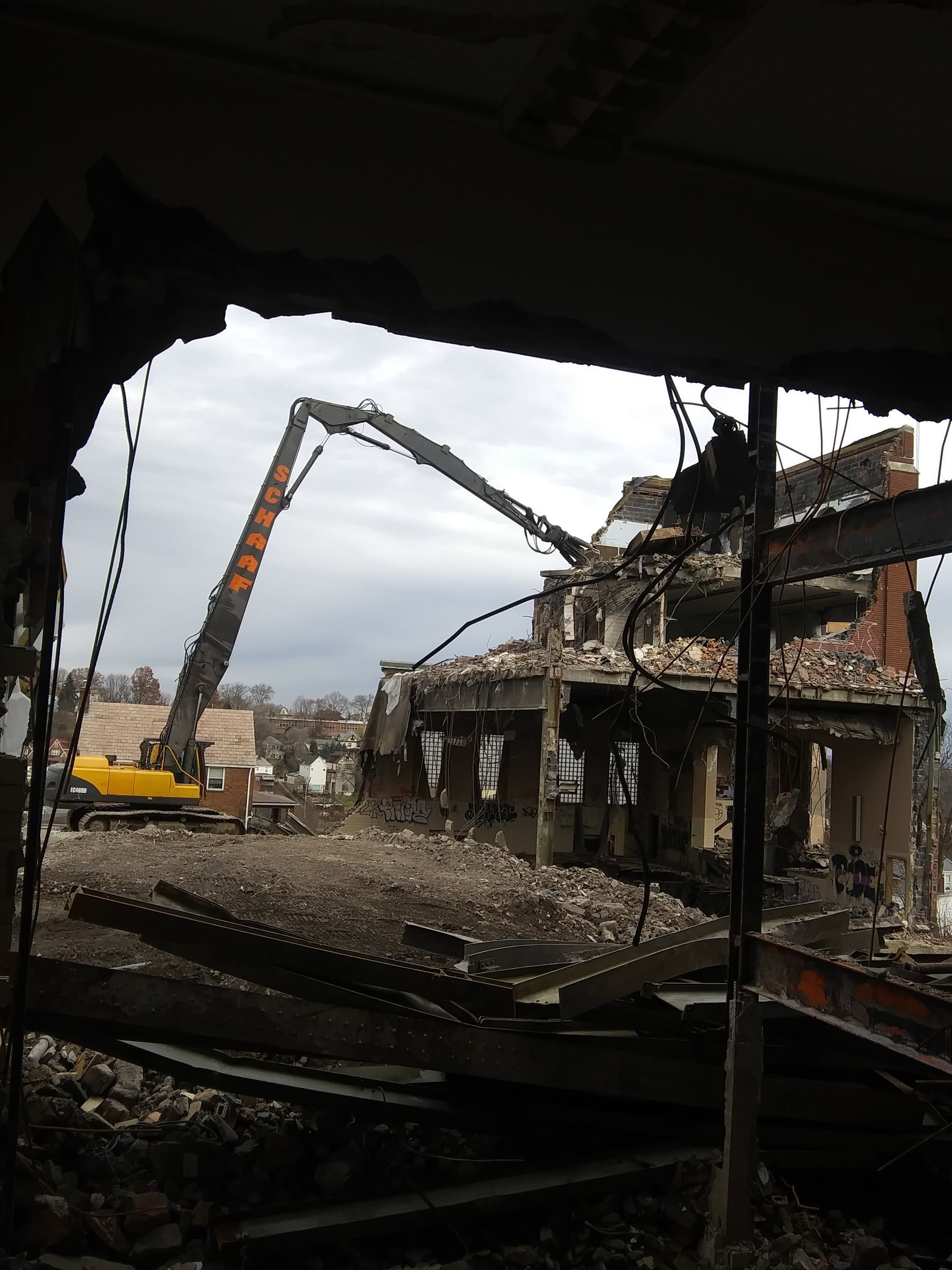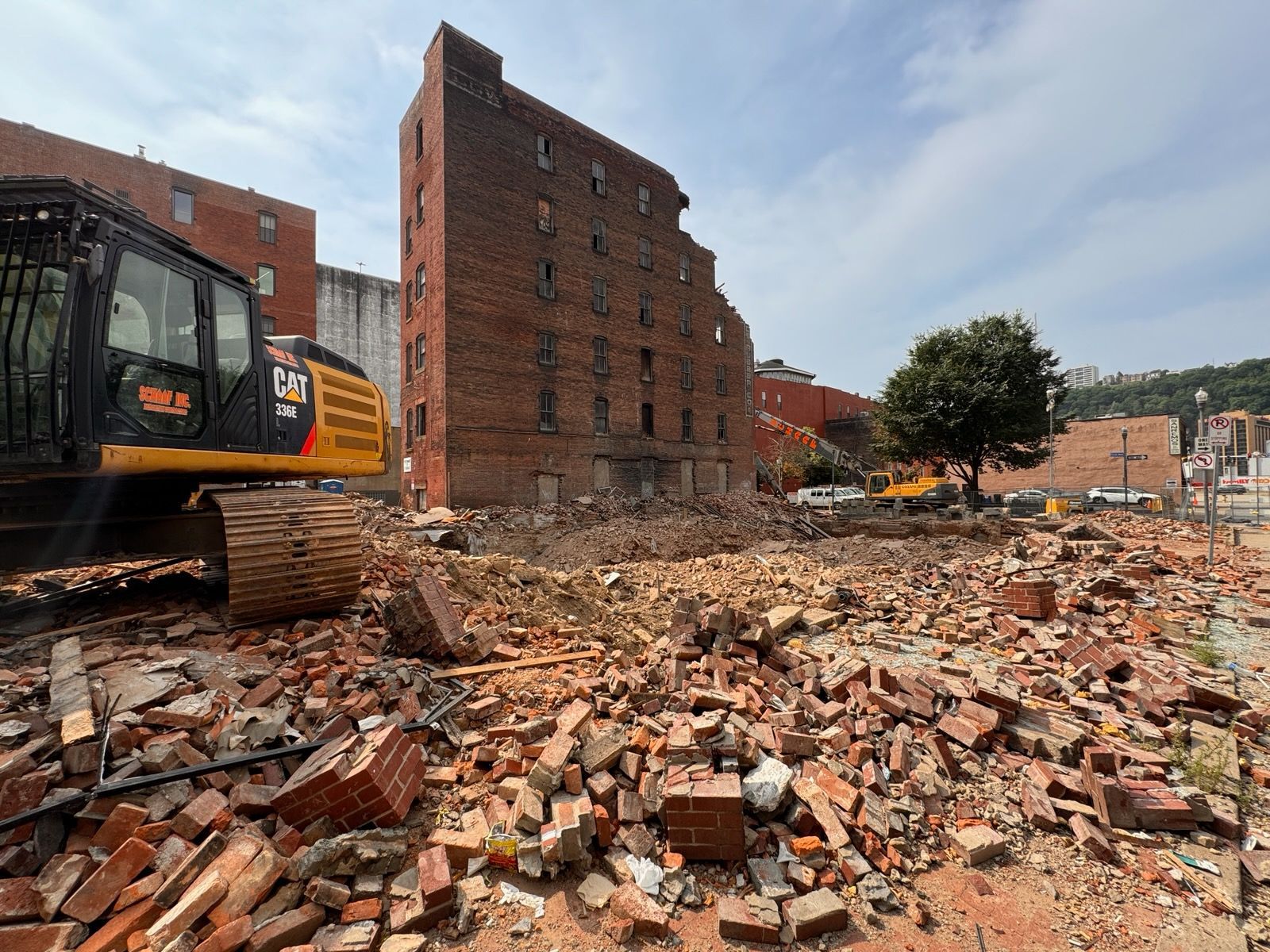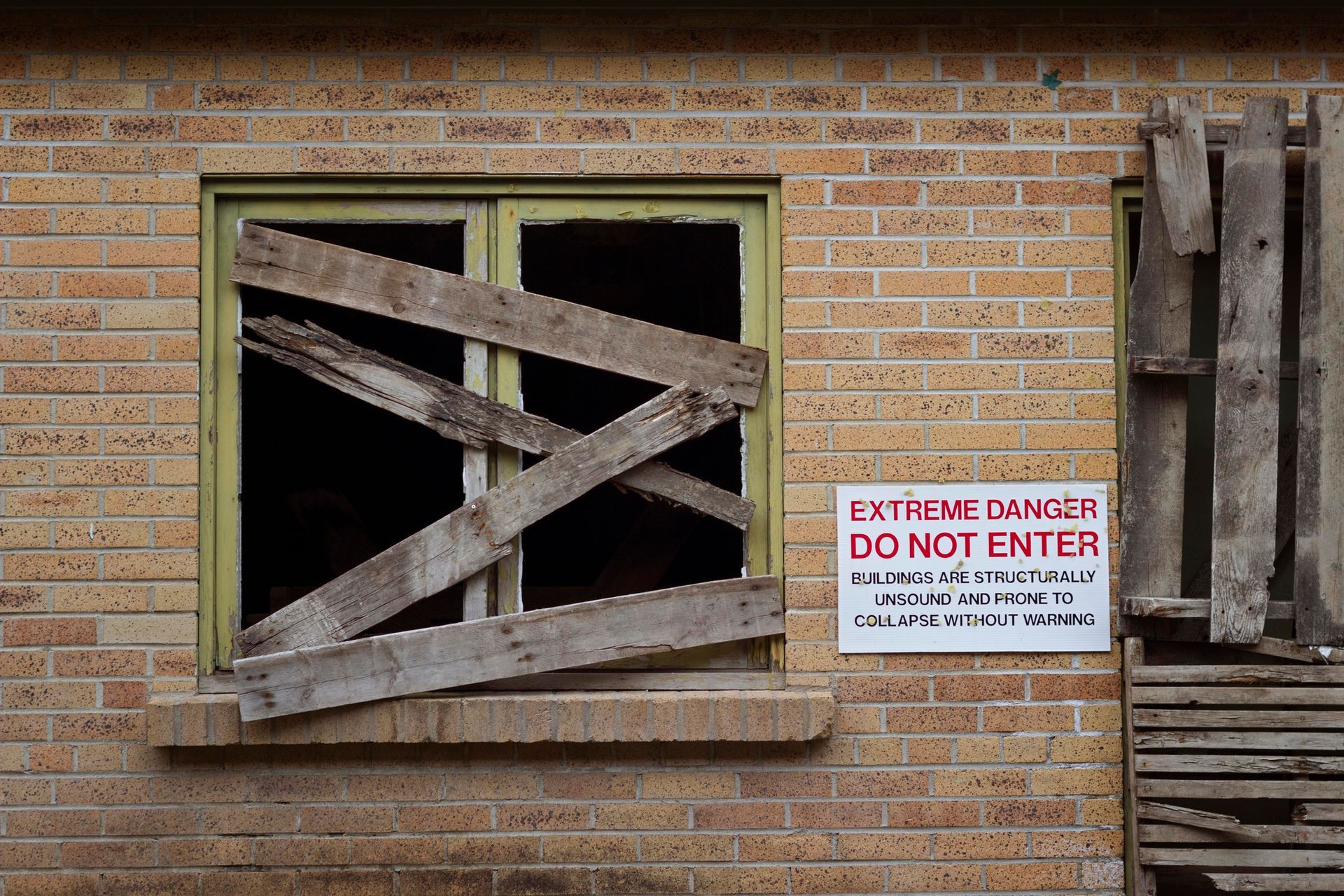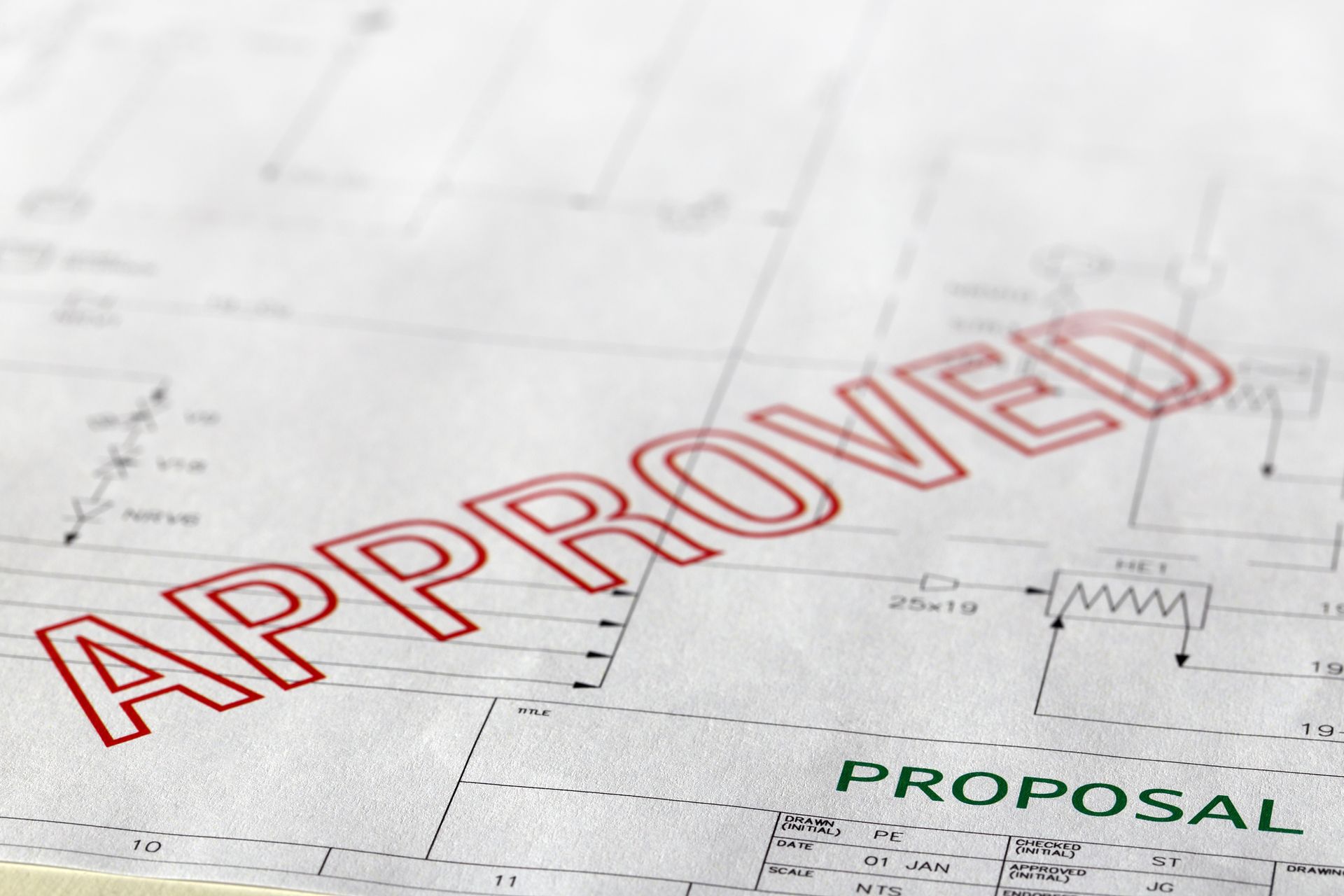Necessary Demolition Safety Measures
Demolition is as much about precision as it is about destruction. The process involves a certain degree of risk from small residential projects to large-scale commercial tear-downs. Ensuring safety during demolition is paramount—not just for the workers but also for the surrounding environment and infrastructure.
This blog post will guide construction professionals through the top 10 safety tips for demolition, ensuring that every project is carried out with a high standard care and professionalism.
Safety in Demolition Matters
Safety in demolition is not simply a matter of compliance. It’s about protecting lives and properties, minimizing risks, and ensuring project success. Demolition sites are inherently dangerous—unpredictable structural collapses, flying debris, and exposure to hazardous materials are just some potential hazards. Construction professionals can mitigate these risks by focusing on safety and creating a safer work environment.
This article will cover essential safety tips to help you execute demolition projects successfully. By following these guidelines, you’ll be better equipped to handle the complexities of demolition work, ensuring that the projects are completed with safety and efficiency in mind.
Conduct a Thorough Site Analysis and Risk Assessment
Before any demolition project begins, conducting a comprehensive site analysis and risk assessment is crucial. This involves examining the building’s structure, identifying potential hazards, and assessing the site's overall safety.
Start by reviewing blueprints and architectural plans to understand the building’s layout. Identify critical structural elements and any areas that may pose a risk during demolition. Conduct an on-site inspection for signs of structural weakness, hazardous materials, and other potential dangers.
Once the site analysis is complete, use this information to develop a detailed risk assessment. Identify any potential hazards and evaluate how likely it is to occur and the severity of each. This will help prioritize safety measures and allocate resources effectively.
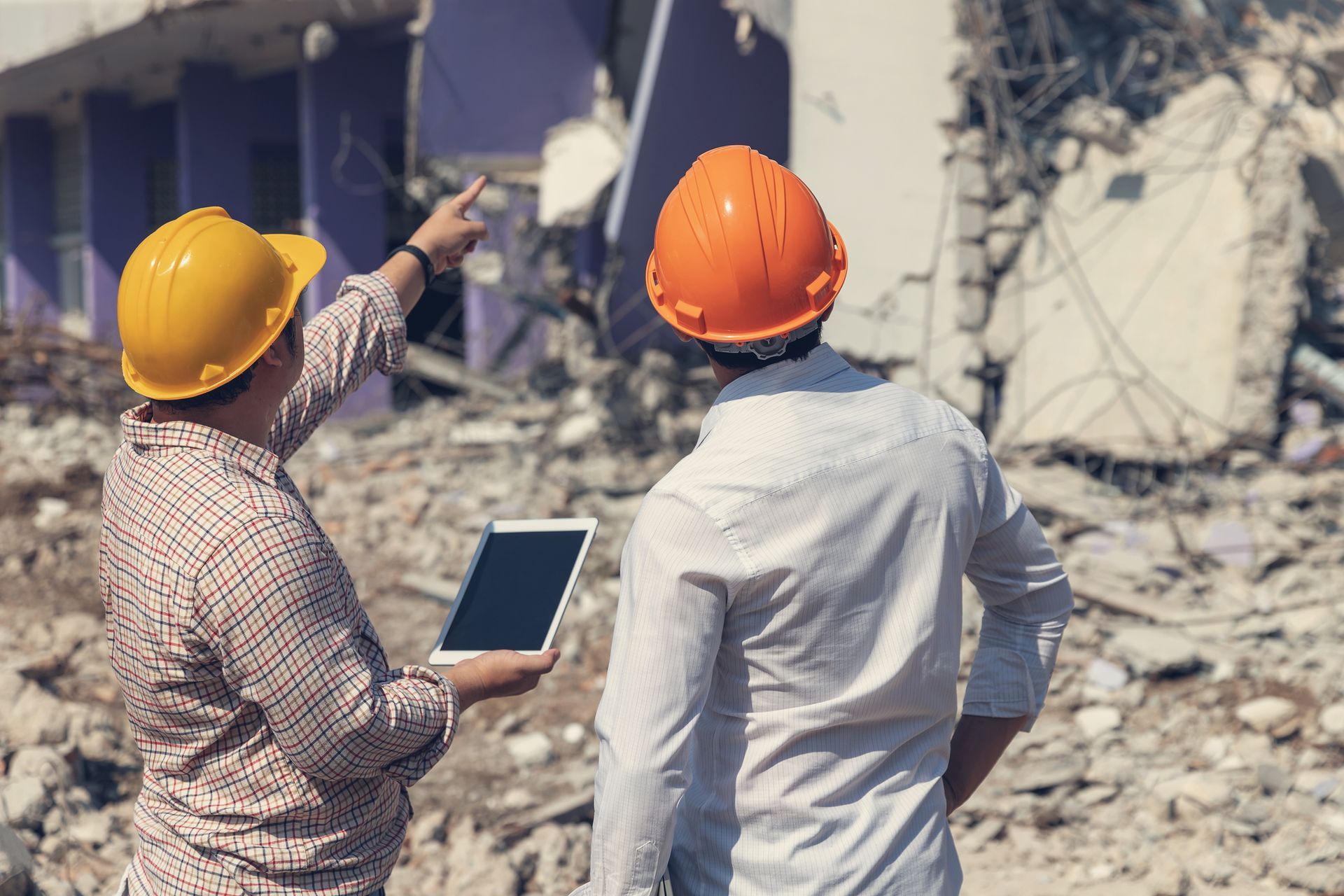
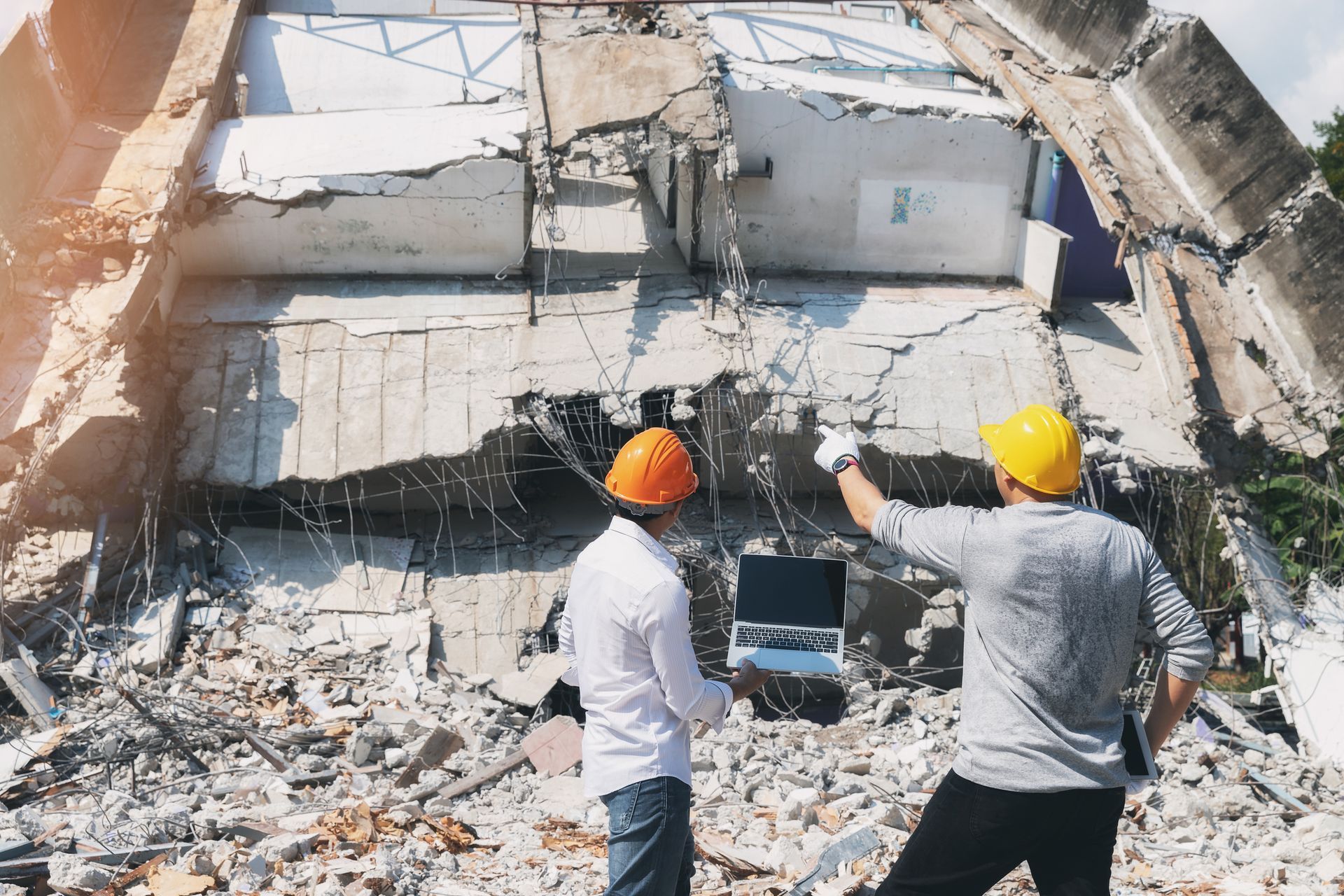
Ensuring Proper Training and Certification for Workers
Adequate training and certification are essential for all workers involved in demolition projects. This ensures that everyone on-site is knowledgeable about safety protocols and best practices.
Start by providing comprehensive safety training for all workers, focusing on the risks associated with demolition work. This should include training on using personal protective equipment (PPE), emergency response procedures, and safe work practices.
Additionally, ensure that all workers are certified to perform their assigned tasks. This includes certifications for operating heavy machinery, handling hazardous materials, and performing specialized tasks such as asbestos removal.
The Importance of Personal Protective Equipment (PPE)
Personal protective equipment (PPE) is a critical component of demolition safety. It provides a physical barrier between workers and potential hazards, reducing the risk of injury.
Ensure all workers have access to the necessary PPE, including hard hats, safety glasses, gloves, and steel-toed boots. Regular inspections of the equipment should be conducted to ensure that PPE is in good condition and being used correctly.
In addition to essential PPE, consider the specific risks associated with each project. This may include respiratory protection, hearing protection, or specialized clothing for handling hazardous materials.
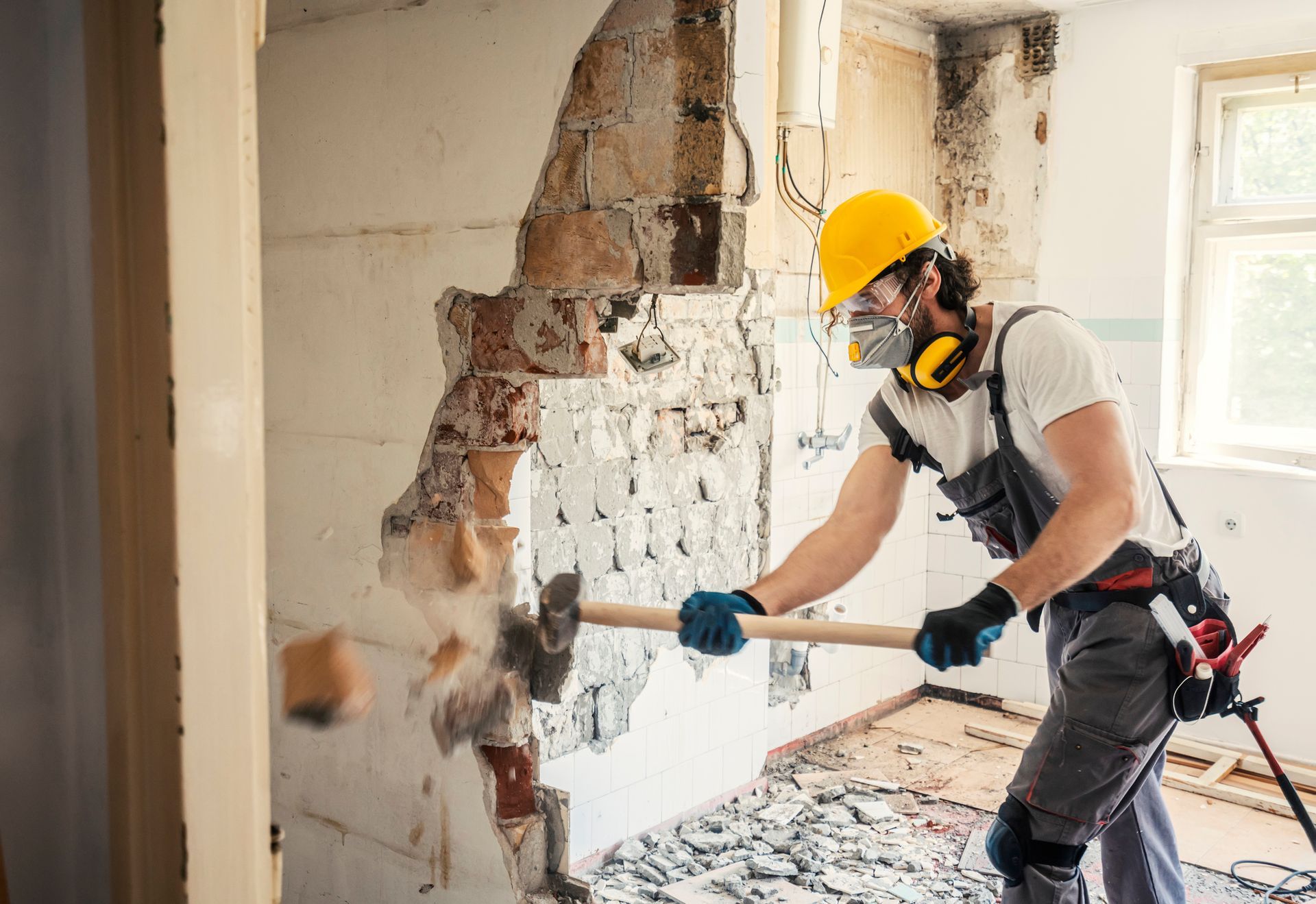
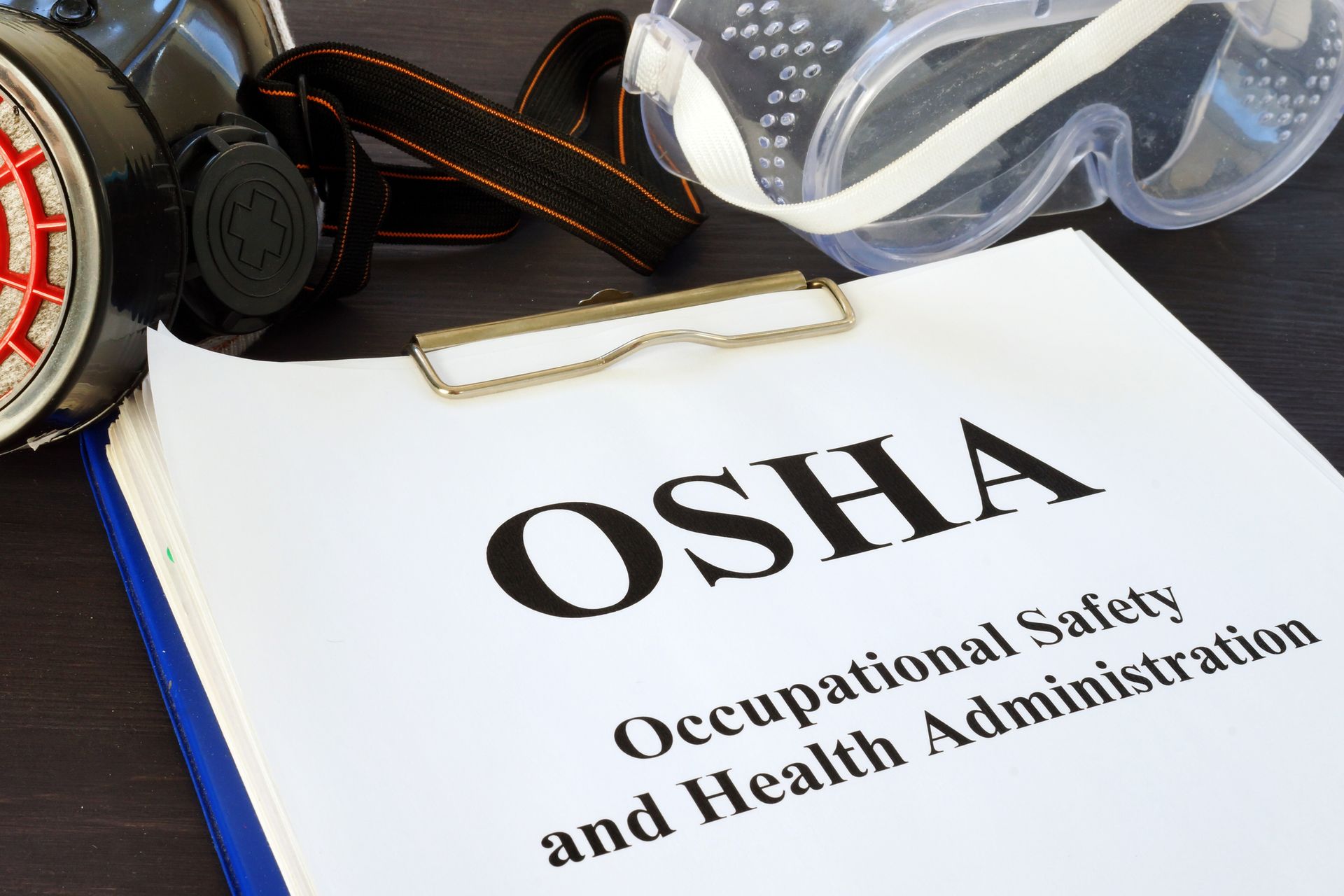
Implementing Safe Work Practices
Safe work practices are critical for minimizing risk and ensuring worker safety during demolition projects. This involves establishing clear communication protocols, enforcing safety regulations, and promoting a safety culture.
Start by developing a communication plan with regular safety briefings, clear signage, and real-time communication tools. This will ensure that all workers are aware of potential hazards and the steps needed to mitigate them.
Enforce safety regulations consistently, ensuring that all workers adhere to OSHA guidelines and site-specific safety protocols. Encourage your workers to always report any safety concerns or violations and address them promptly to prevent accidents.
Securing the Work Area and Establishing Exclusion Zones
Securing the work area is essential for protecting workers and the surrounding community from demolition-related hazards. This involves setting up physical barriers and exclusion zones to prevent unauthorized access to the site.
Start by identifying areas that pose a risk to workers or the public, such as areas prone to falling debris or structural collapse. Use fencing, barricades, and signage to mark these areas and restrict access.
Establish exclusion zones for specific demolition activities, ensuring only authorized personnel are present. This will help minimize the risk of injuries and help to ensure all workers know potential hazards.
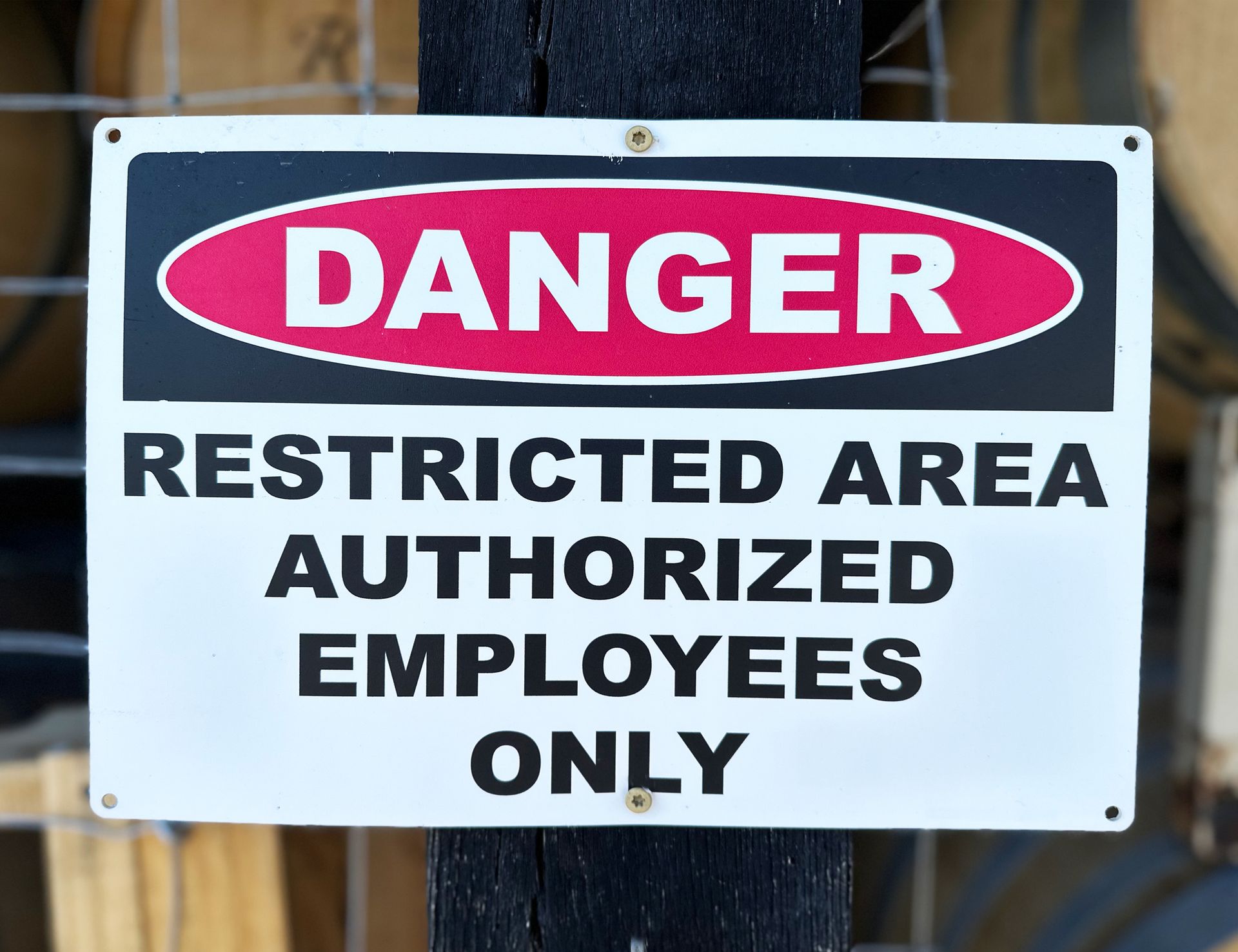

Planning Demolition with Environmental Factors in Mind
Environmental factors can significantly impact the safety and success of demolition projects. By considering these various factors during the planning phase of your project, you can mitigate potential risks and ensure a smoother execution.
Monitor weather conditions closely, as rain, wind, and extreme temperatures can affect the stability of structures and the safety of workers. Adjust the demolition schedule as needed to account for adverse weather conditions.
Consider the demolition process's environmental impact, including noise pollution, dust, and debris. Implement proper measures to minimize these impacts, such as using dust suppression techniques and recycling materials whenever possible.
Choosing the Right Tools and Equipment
Using the proper tools and equipment is crucial for safely and efficiently executing demolition projects. This involves selecting the appropriate machinery for each task and ensuring it is well-maintained and operated safely.
Start by assessing the project's specific needs and selecting tools and equipment suitable for the job. This may include excavators, bulldozers, wrecking balls, and smaller tools like jackhammers and saws.
Regular maintenance checks on all equipment ensure it is in good working condition. Provide training for workers on the safe operation of machinery and enforce strict safety protocols.
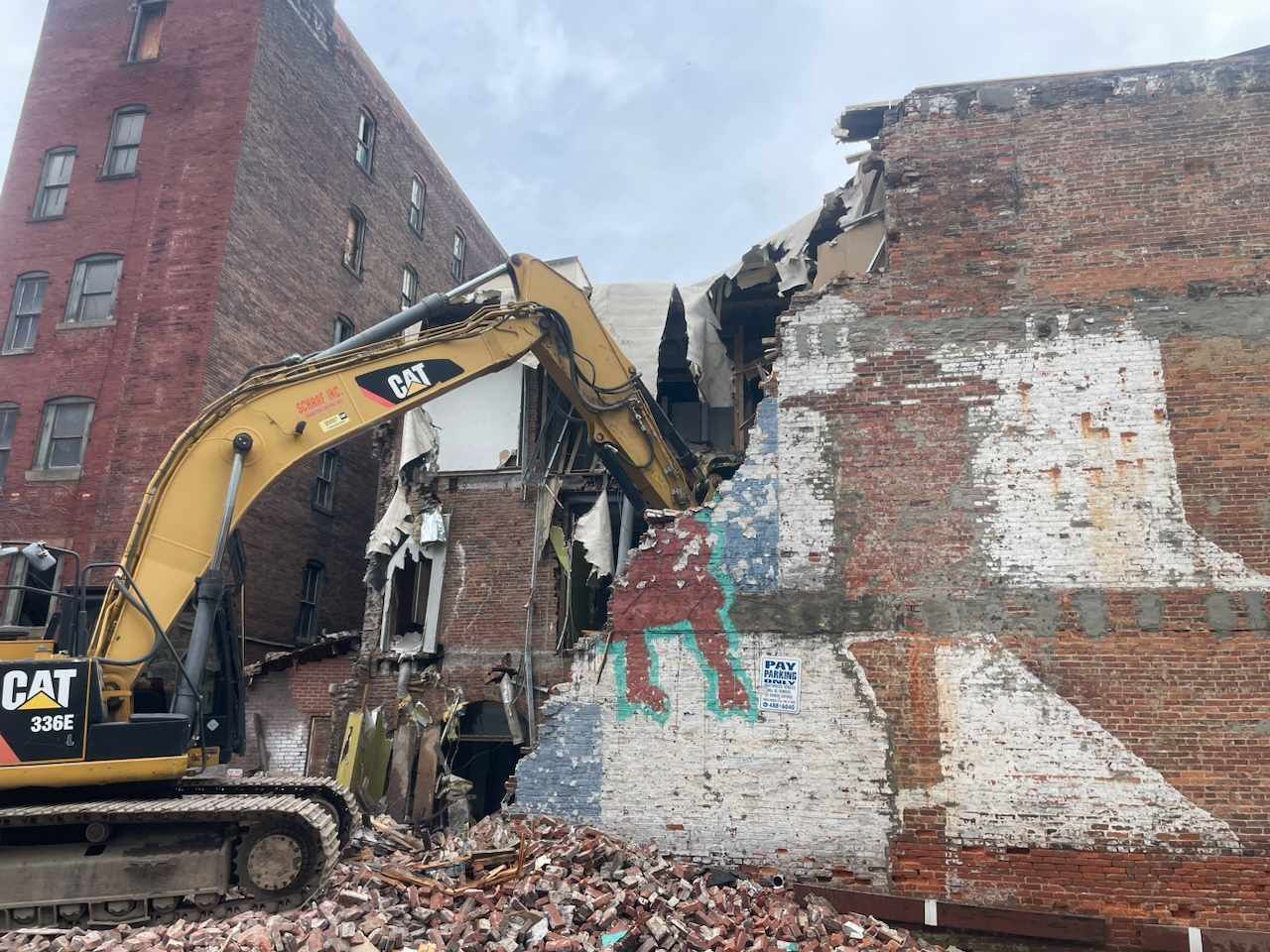

Monitoring Air Quality and Controlling Hazardous Materials
Airborne hazards and hazardous materials pose significant risks during demolition projects. Construction professionals can protect workers and the surrounding community by monitoring air quality and controlling dangerous materials.
Conduct air quality assessments to identify potential airborne hazards like dust, asbestos, and chemical vapors. Implement control measures to minimize exposure, such as ventilation systems and wetting surfaces.
Develop a plan for safely handling and disposing of hazardous materials. This includes identifying and removing asbestos, lead, and other dangerous substances in accordance with regulatory guidelines.
Preparing for Emergencies with a Response Plan
Despite the best safety measures, emergencies can still occur during demolition projects. A well-defined emergency response plan ensures that workers know how to respond in the event of an incident.
Start by identifying potential emergencies like fires, structural collapses, and hazardous material spills. Develop a response plan that includes evacuation procedures, communication protocols, and emergency contact information.
Conduct regular emergency drills and training sessions to ensure all workers know the emergency response plan. Review and update the plan to address changing conditions and new risks.
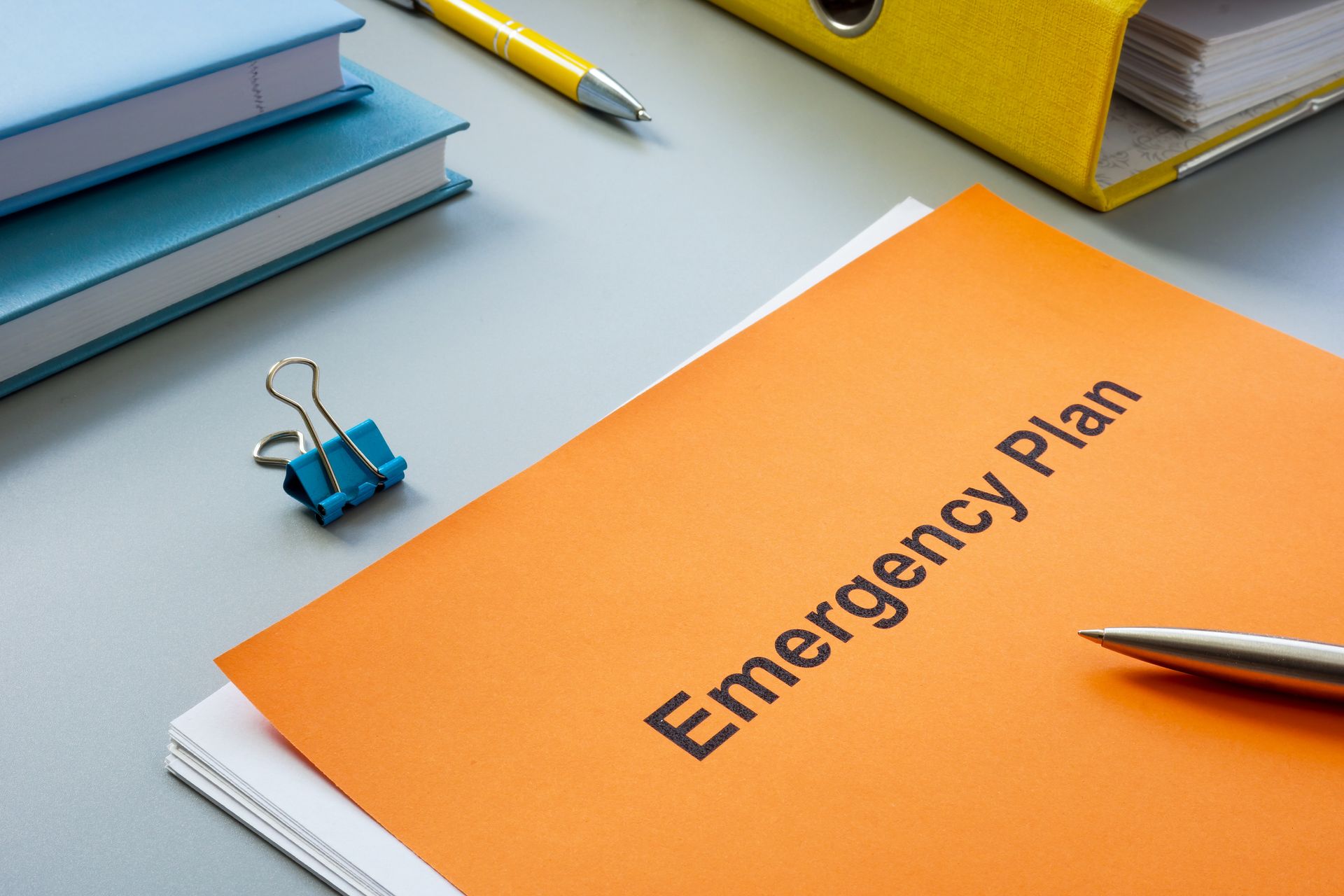
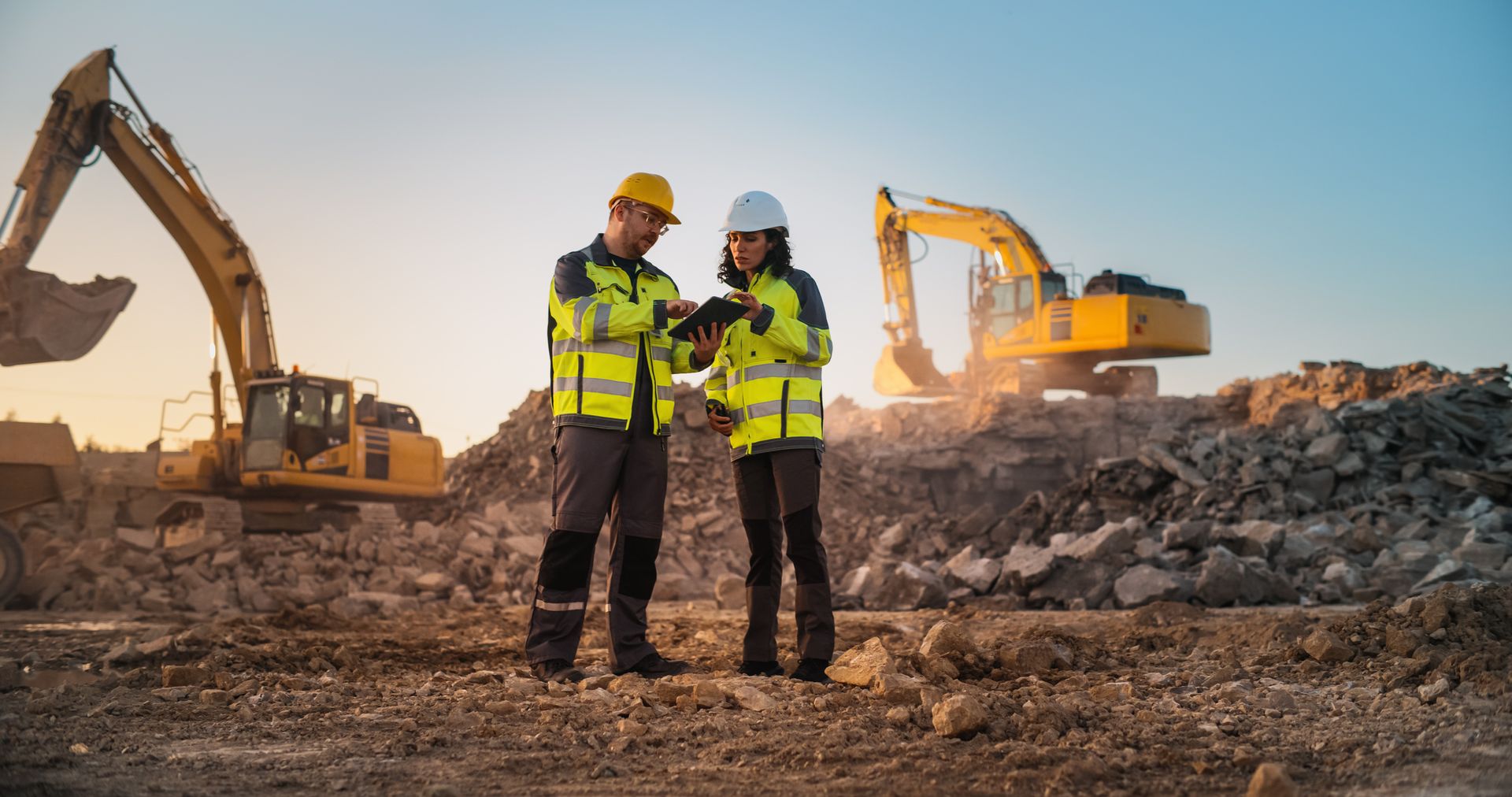
Conducting Post-Demolition Analysis for Future Improvements
Conducting a post-demolition analysis after a demolition project is completed is essential for identifying areas for improvement and ensuring future safety.
Review the project from start to finish, assessing the effectiveness of safety measures and identifying any incidents or near-misses. Use this information to improve safety protocols and procedures.
Solicit feedback from workers and project stakeholders to gain valuable insights into the weaknesses and strengths of the project. Utilize this feedback to drive continuous improvement and enhance safety on future demolition projects.
Work With the Demolition Experts at Schaaf Excavating Contractors
Safety in demolition is a multifaceted challenge that requires careful planning, diligent execution, and ongoing evaluation. By adhering to these top 10 safety tips, construction professionals can minimize risks, protect workers, and achieve successful project outcomes.
At Schaaf Excavating Contractors, we prioritize safety in all our demolition projects. Our experienced demolition team is committed to delivering great results while maintaining the highest safety standards. Contact us today to learn how we can support your next demolition project and help you achieve your goals safely and efficiently.

Author: Tim Schaaf
Owner & Founder of Schaaf Excavating Contractors.
